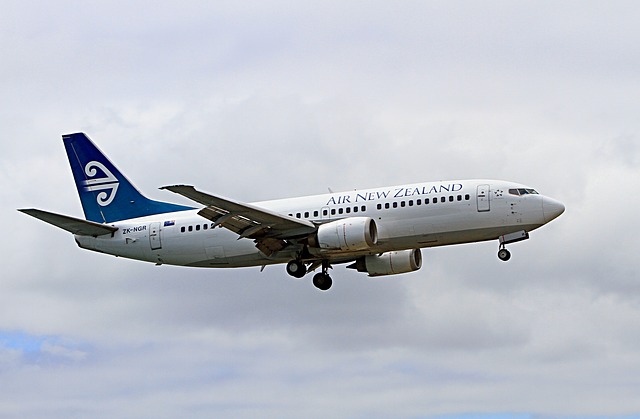Air New Zealand has taken another important step on its Flight NZ0 journey by setting an ambitious science-based target to reduce carbon emissions by 2030.
The interim target, validated by the Science Based Targets initiative, requires a 28.9 per cent reduction in carbon intensity by 2030, from a 2019 baseline. This equates to a 16.3 per cent reduction in absolute emissions over the period.
Science-based targets validated by the SBTi show companies how much and how quickly they need to reduce their greenhouse gas emissions to prevent the worst effects of climate change.
Setting a science-based target allows businesses to set a robust and credible carbon reduction target that is independently assessed to ensure it aligns with the latest climate science.
Air New Zealand chief operational integrity and safety officer David Morgan says this is a critical milestone on the airline’s journey to net zero carbon emissions by 2050 as it provides a clear signal of where we need to be by 2030, in order to meet the 2050 goal.
“This interim target will drive activity today and set the airline up for success in achieving its net zero 2050 target.
“Getting the target validated by the SBTi was a rigorous process and something we are incredibly proud to have achieved. Our GHG emissions were reviewed in detail by the SBTi to ensure we had an accurate emissions baseline and science-based target set.
“This target makes us accountable today. Implementing our decarbonisation roadmap will be critical to achieving this target – with sustainable aviation fuel continued fleet renewal, operational efficiency, and zero emissions aircraft technologies all playing a role.
“Our key focus areas are SAF and the adoption of zero emissions aircraft technologies as they have the potential to reduce our emissions by approximately 70 per cent by 2050.
“We already have several initiatives in the works including a partnership with the Government to scope the feasibility of a SAF production plant in New Zealand and our world-leading Product Requirements Document currently in market to accelerate the development of hydrogen, electric, and hybrid aircraft. These are the initiatives that will drive real change in reducing our emissions and we’re incredibly focused on delivering them as quickly as possible.”
Chair of Air New Zealand’s external sustainability advisory panel Sir Jonathon Porritt says there are two things all passengers should look to when assessing an airline’s response to accelerating climate change: ambition level and trustworthiness.
“In a sector where it will be challenging to make rapid and authentic change, Air New Zealand is to be congratulated on setting this science-based target to demonstrate its sincerity of intent. A 16.3% absolute reduction by 2030 is certainly achievable, but it will be hard. And its readiness to be held to account by the SBTi (and other stakeholders) is significant.
“As the world continues to understand the full extent of the climate emergency, every airline will need to set equivalent targets – and then deliver on them, come what may.”



